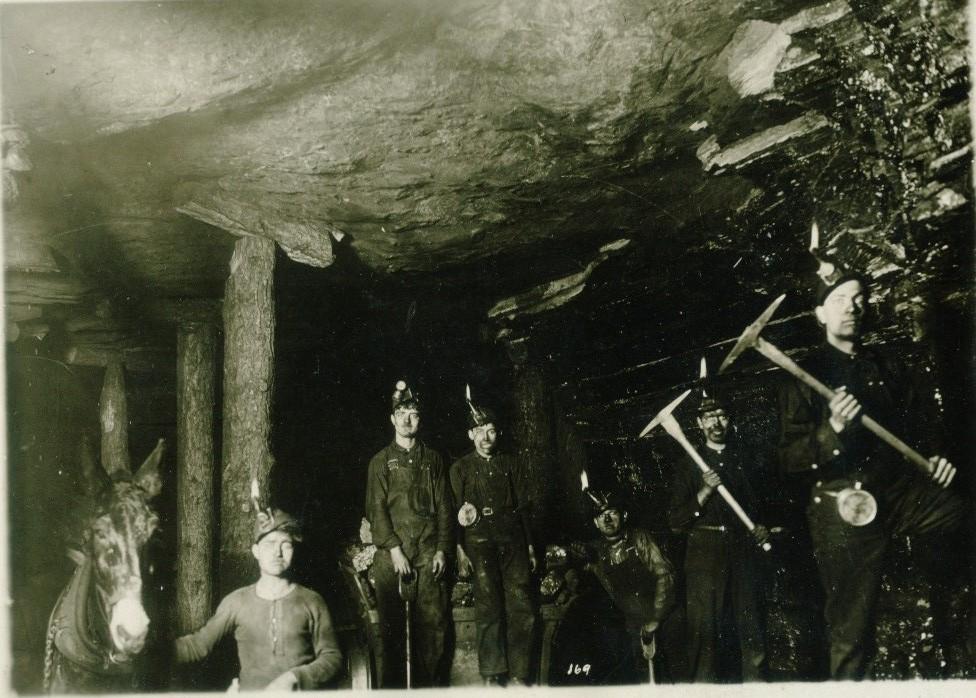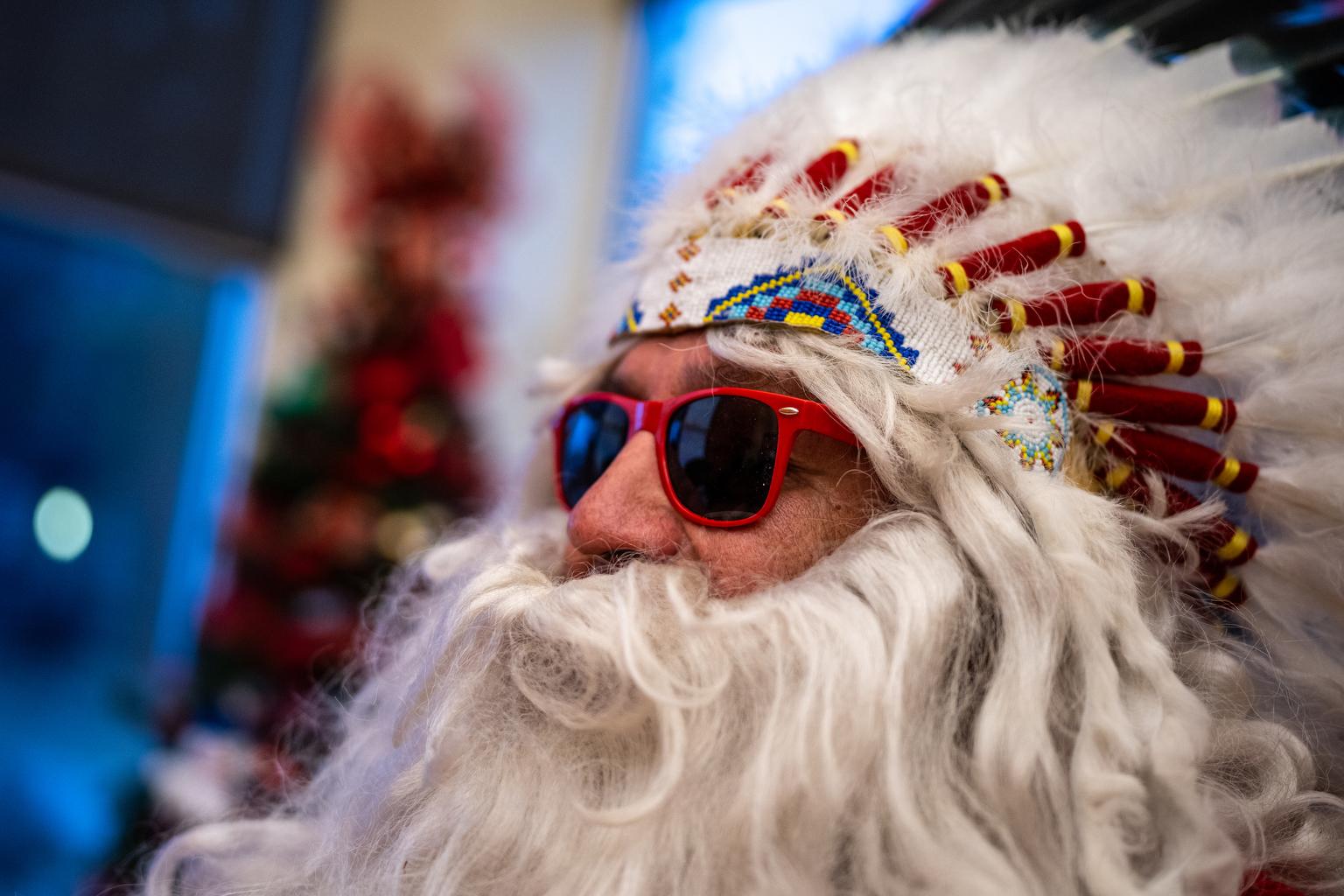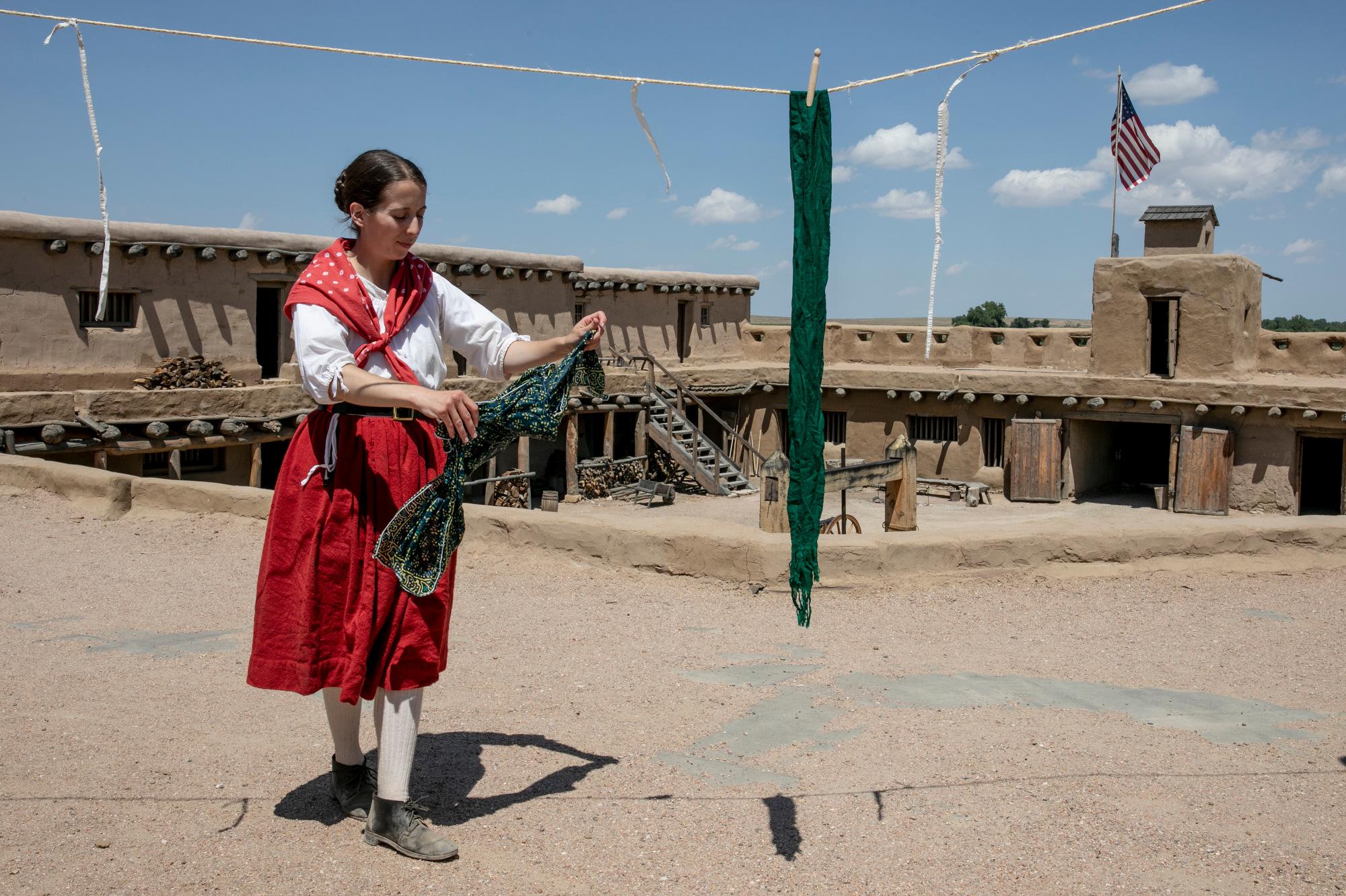
This story originally aired on 9/15/2016.
On September 15, 1913 the United Mine Workers union voted to strike in southern Colorado to protest dangerous working conditions and poor pay.
The strike eventually blew up into one of the the most violent times in labor history. In 1914, women and children suffocated when company-backed militiamen burned the union tent camp at Ludlow, Colorado. The Ludlow Massacre ignited 10 days of violence known as the Colorado Coal Field War.
Hundreds of thousands of Greeks immigrated to the U.S. in the early 1900s. For many the only work they could get was in the dangerous coal mines around the West. Most of the Greeks in southern Colorado were working in coal mines owned by the huge Colorado Fuel and Iron company, known as CF&I. The mines were notoriously dangerous and the miners lived in extreme poverty.
Greek miners have been called the bone and sinew of the strike, and freedom fighters. Their story is the focus of a new documentary: “Ludlow, Greek Americans During The Colorado Coal War.” The film screens at the University of Colorado in Boulder on Tuesday, Sept. 20.
Frosso Tsouka of Athens, Greece is one of the filmmakers and retired Colorado district judge Chris Melonakis of Westminster is a descendant of Greek miners. They spoke with Colorado Matters host Nathan Heffel.








